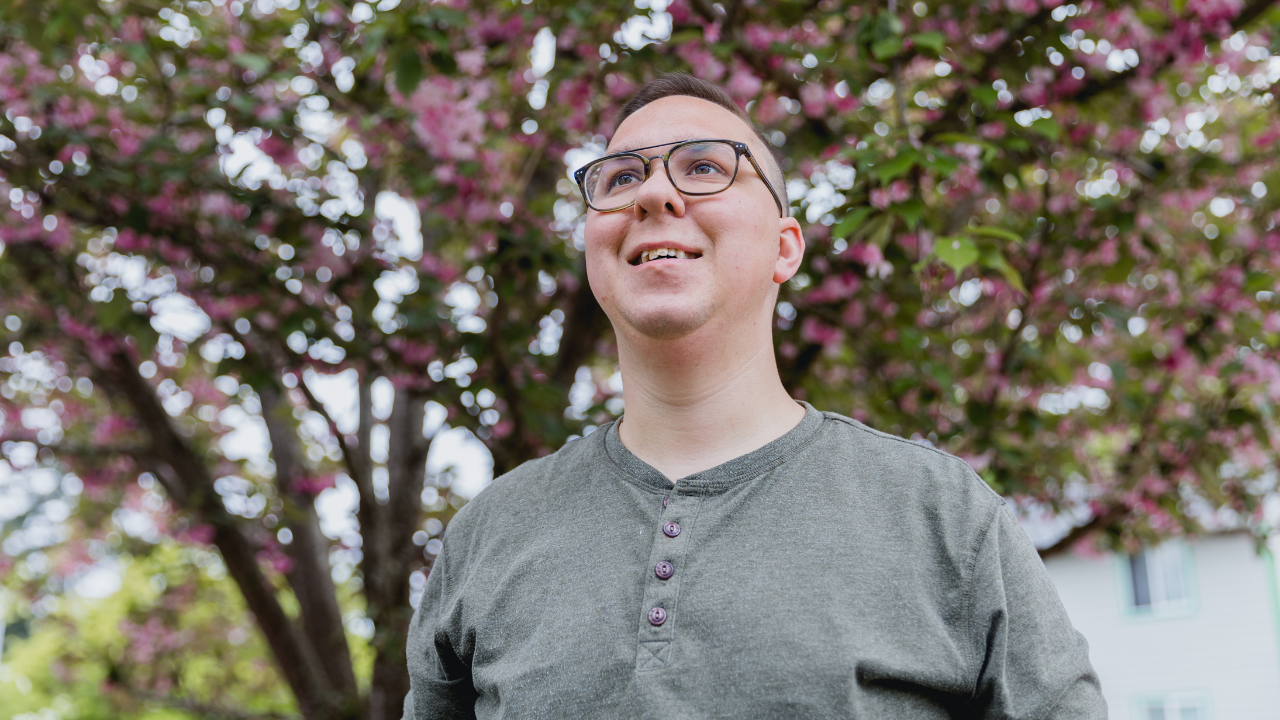Study Reveals Why Autism in Over-40s Rarely Gets Recognised

Credits: Canva
SummaryA new study reveals that nearly 9 in 10 autistic adults over 40 remain undiagnosed, leaving many without support and vulnerable to health issues, isolation, and misdiagnosis. Experts call for urgent age-inclusive autism awareness and care.
End of Article
